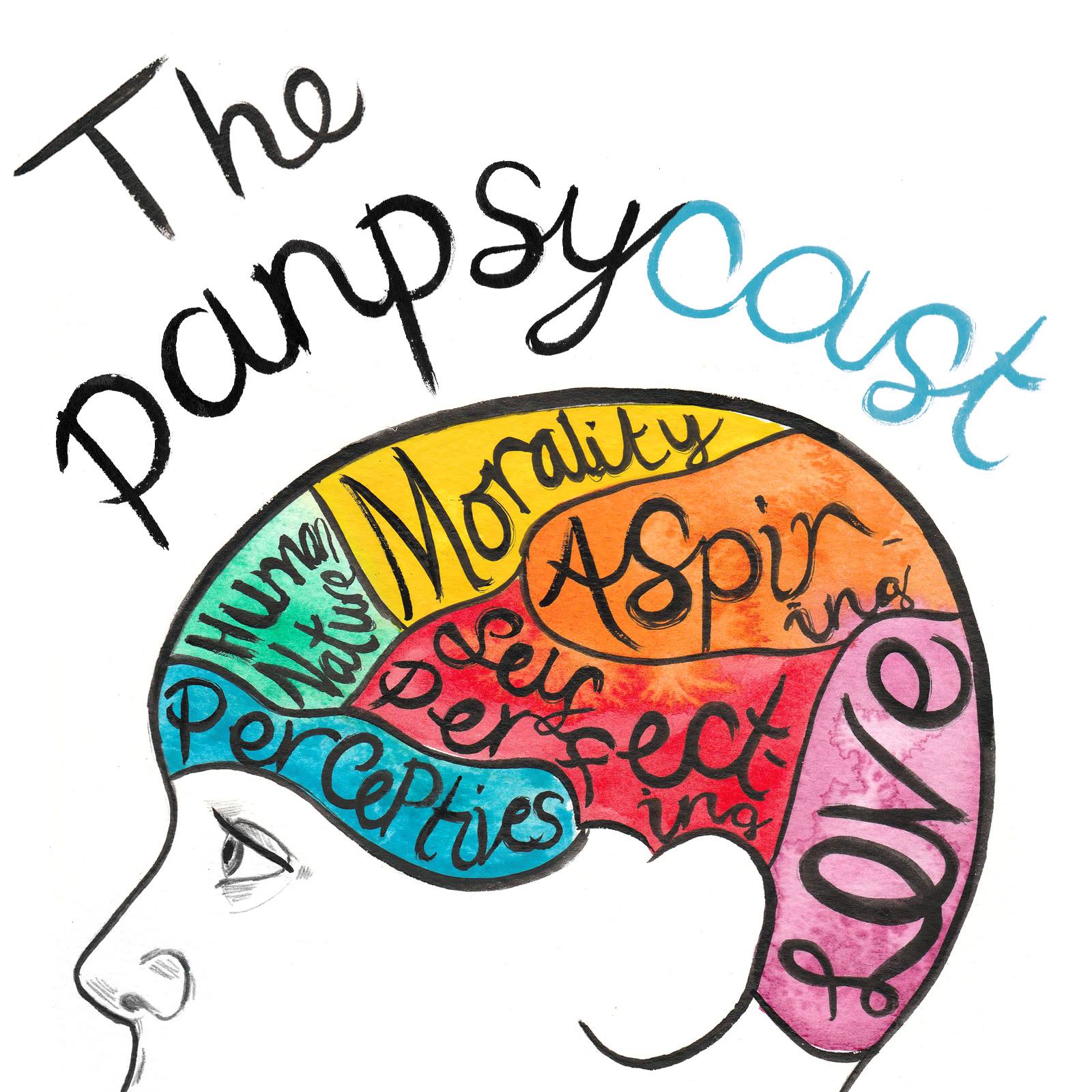Welcome to Episode 42 (Part IV of IV), where we'll be engaging in some further analysis and discussion.
For religious believers, considering the questions that surround the nature or attributes of God, is important in their attempt to form a coherent understanding of their creator.
In the Summa Theologica, shortly after arguing for the existence of God, Saint Thomas Aquinas writes the following: “Having recognised that a certain thing exists, we have still to investigate the way in which it exists, that we may come to understand what it is that exists.” This seems like a peculiar thing to state. I know that there exists something, but I have no idea as to what this thing is. As Brian Davies points out in his book Philosophy of Religion: A Guide and Anthology, this not such an odd statement after all. Suppose I attempt to open a door, and something stops it from opening. I might say, ‘well something is certainly in the way’. If it makes sense to make this statement, it also makes sense to ask, 'what is it'?
The file size is large, please be patient whilst the podcast buffers/downloads/prepares for its final game of philosophical ultimatum
This episode is sponsored by Sudio headphones. Sudio provides some of the highest quality and most fashionable headphones on the market - at an affordable price. Click here to find out more!
Don't forget to use the discount code PANPSY for 15% off any purchase.
Part I. Omnipotence
Part II. Omniscience
Part III. Omnibenevolence
Part IV. Further Analysis and Discussion
Reading and References
Brian Davies, Philosophy of Religion: A Guide and Anthology (Amazon - Highly Recommended)
Richard Swinburne, The Existence of God (Amazon - Highly Recommended)
Peter Vardy, The Puzzle of God (Amazon - High Recommended)
Macquarrie, Principles of Christian Theology (Amazon)
Richard Swinburne, The Coherence of Theism (pdf)
Boethius, The Consolation of Philosophy (pdf)





